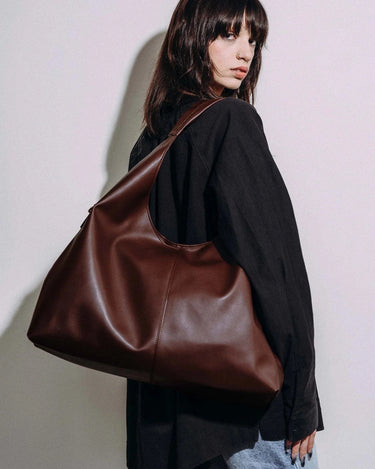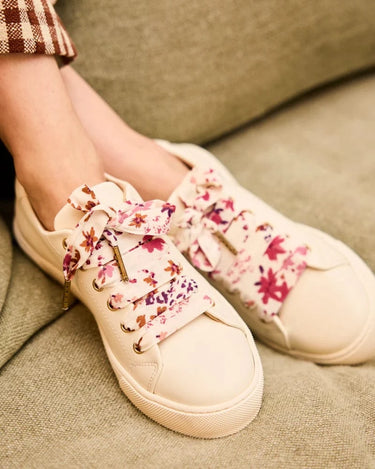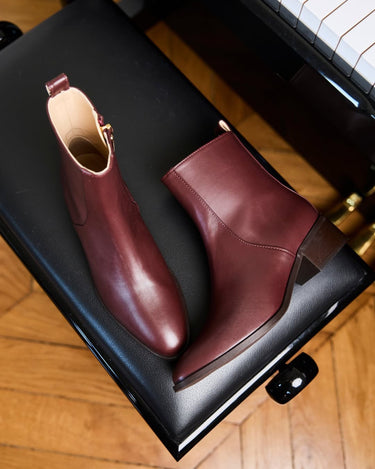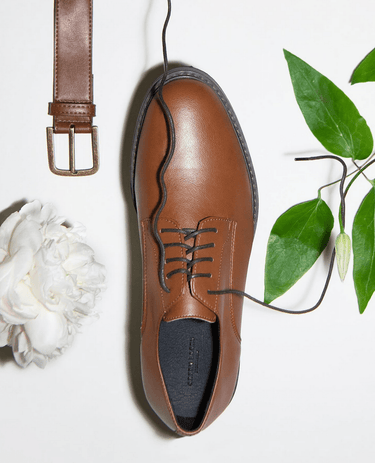Travelling Kind: The Animal Attractions to Avoid When Abroad
Summer is here, and with its arrival, travel plans begin to take form. As itineraries are made across the world, many animal lovers will fall for the lure of zoos, marine parks, and perhaps even a facility that allows them to take a selfie with a wild animal. Most of these travellers will be oblivious to the harm these forms of “entertainment” inflict on the animals.
By Sascha Camilli: writer, speaker, activist, and vegan fashion expert.
According to World Animal Protection, wildlife tourism accounts for 40% of all tourism globally, which means that an incredibly large number of wild animals are kept captive and exploited for human entertainment. World Animal Protection, along with many other organisations, is calling for this type of tourism to be phased out of society – for the good of the animals involved. If you want to help, consider avoiding these attractions when travelling.

Selfies with Wild Animals
Many facilities around the world offer selfies with tiger cubs or other wild animals, as a memory keepsake for animal-loving tourists. After lockdown cult series Tiger King exposed the truth behind many of these establishments, animal lovers realised that by paying to snuggle up to a cub, they were propping up an industry that takes wild animals from their homes and keeps them in unnatural conditions that cause them enormous stress. Furthermore, animals are often sedated in order to pose with tourists, to avoid them doing what many wild animals could potentially do: lash out at the human handling them against their will.
Horse-Drawn Carriages
Riding off into the sunset is romantic – but only if it doesn't involve a carriage with an exhausted horse terrified of traffic, who has to spend all day standing on hard surfaces unsuitable to their hooves. In many towns around the world, horses pull heavy carriages in extreme heat, also risking to end up in – or cause – a traffic accident (many such incidents have occurred, due to horses being startled by traffic and risking both their own lives and those of humans around them). But progress is happening: travel destinations are rushing to ban the practice: Rome, London, Barcelona, and tourist-heavy US cities such as Las Vegas and Chicago have all taken horse-drawn carriages off their streets.
Riding Elephants
That photo of you smiling from the back of an elephant may get Instagram likes – but it's likely to be harming that elephant and others. Elephants are powerful wild animals, and in order to get them to obey humans they are often “broken in” at a young age, meaning that their spirits are torn down by the threat of violence. This frequently causes PTSD and severely damages the animals' well-being. What's more, handlers often use bull hooks to manage the elephants – these are sharp weapons that can seriously injure the animals. Handlers jab, prod and poke the elephants with these tools until the mere sight of them elicits fear.

Swimming with Dolphins
This photo-friendly activity is often seen as harmless - but like any wild animals, dolphins suffer captivity. These intelligent, sensitive animals swim long distances each day, only spend brief intervals of time at the surface, and never come to shore. The Dolphin Project reports that during prolonged periods of captivity, dolphins start exhibiting self-destructive behaviour and signs of depression. They can be seen gnawing on walls and gates, and bashing their own heads against the walls. Very often, dolphins are taken from the wild (although some are bred in captivity) and forced to swim with tourists, “kiss” them or pull them through the water through food deprivation training, where they learn that if they do not perform the tricks, they will not eat.
Using Donkeys as Taxis
Visiting the Greek island of Santorini? You're lucky – this much-coveted travel hotspot is a true gem. But if you find yourself at the bottom of the 500 steps towards the old town of Firá, take a cable car instead of riding a donkey. A PETA report shows that these exhausted animals are forced to carry loads much too heavy for their bodies, walking up and down the path with tourists on their backs. They work all day in scorching heat without access to shade, and are sometimes even denied water. Often, the donkeys also exhibit injuries from ill-fitting saddles. Overweight tourists were banned from riding donkeys in 2018, but this did little to help the animals - a more recent report from PETA shows that the practice still continues on the island.
Civet Coffee
A true delicacy...or is it? Civet coffee, also known as “kopi luwak” is touted as an exotic speciality and is often sold at a high price. But the truth behind this drink is as dark as it is unpalatable: the drink is made with the berries of coffee beans that have been eaten, and then excreted, by Asian palm civets. Investigations from kopi luwak farms have shown the animals exhibiting the same behaviours as captive dolphins and other wild animals held in captivity: pacing back and forth, spinning around in circles and bobbing their heads. These are all signs of extreme stress. The civets were also suffering from skin infections. Not very appetising – avoid this cup of cruelty by never drinking civet coffee.
It's simple: animals will continue to suffer for entertainment as long as travellers keep visiting the attractions that imprison them and hold them captive. If these facilities' profits dwindle, they will be forced to reconsider their business model. So if you want to help animals abused in the tourism industry, the best thing you can do is to never visit attractions that exploit them.
By Sascha Camilli
About Sascha
Sascha Camilli is a vegan fashion writer, speaker and activist. Her book Vegan Style is out now on Murdoch Books. For more about Sascha, you can read our interview with her. You can also follow her on Instagram, Twitter and LinkedIn.
Cover image by Mylon Olilla. Second photo by A.G. Third photo by Pagie Page, all via Unsplash.
For more great content like this in your inbox, sign up to our newsletter, and save 10% off your next purchase, plus great savings throughout the year.
Related Articles

How To Have A Very Vegan Valentine's Day

Why Veganuary Is Still Relevant
















































































































